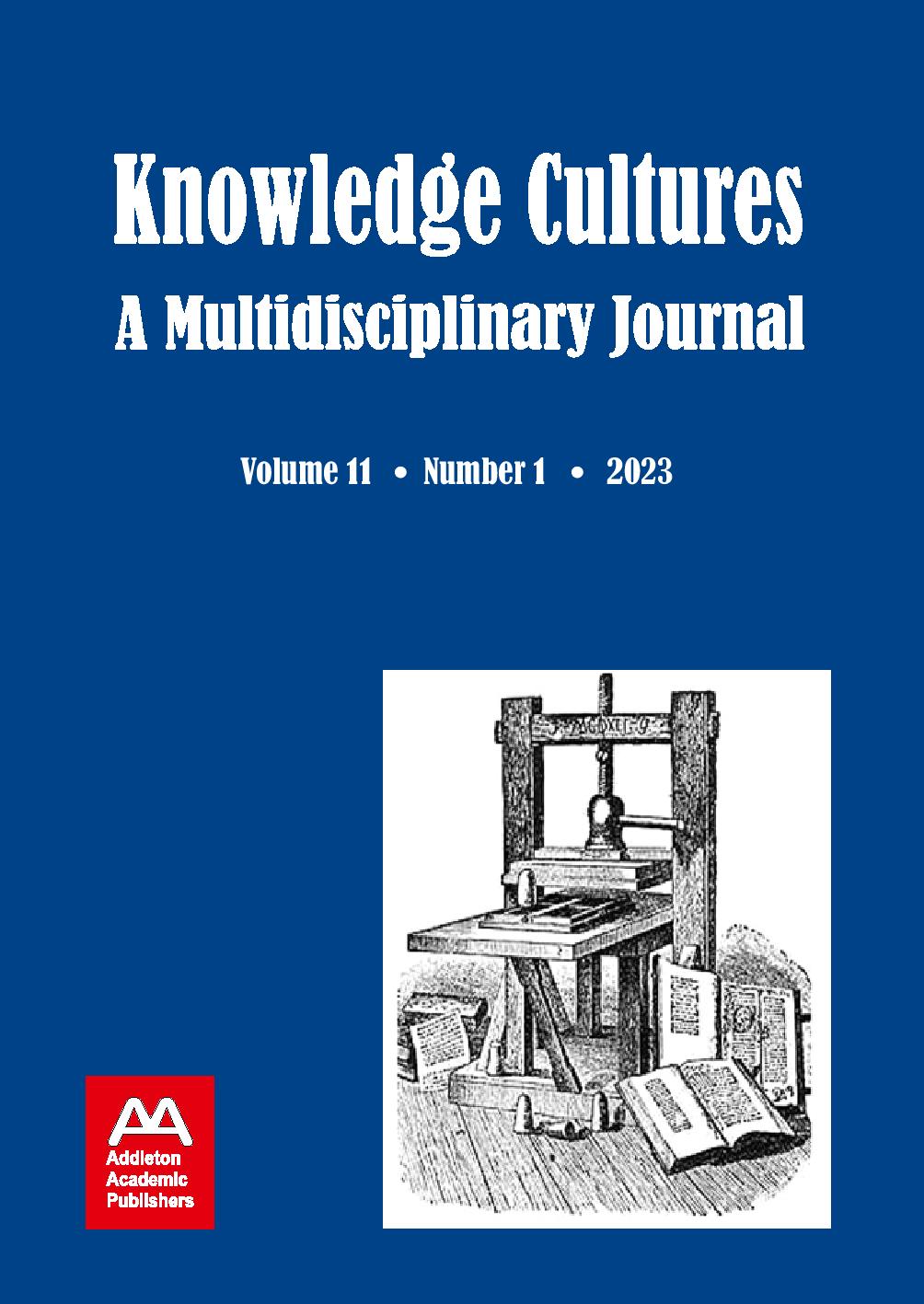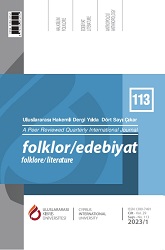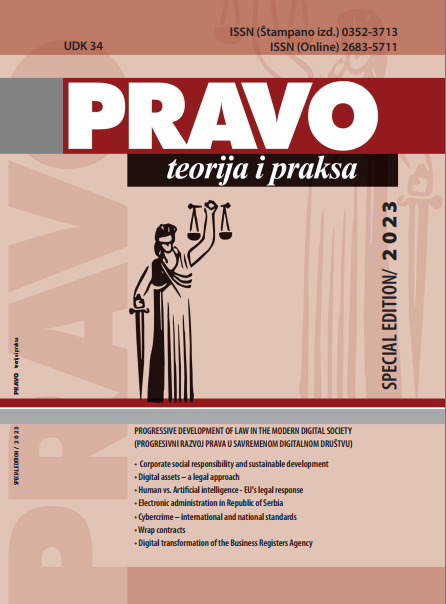Positioning Research to Improve Tree-Biosecurity Relations
Author(s): Alison Greenaway,Sara MacBride-Stewart,Andrea Grant,Susanna Finlay-Smits,Maria Ayala,Will Allen,Liz O’Brien,Michael Martinek / Language(s): English
/ Issue: 1/2023
Keywords: relationality; values; trees; biosecurity; biodiversity; ethics; social; research; pathogens; positionality;
Management of biosecurity threats to forests and indigenous trees needs to address the legacy of colonising practices that have prohibited diverse knowledges from being included. This work is urgent and challenging in the context of mobile tree pathogens, investment in climate mitigation through tree planting and greater legal recognition of Indigenous rights and those of trees. While a transition towards shared, collective responsibility for trees and treescapes is compelling, its conceptualisation in practice remains underdeveloped. This is particularly the case when considering tree-biosecurity relations. This paper shows the positioning work a team of social scientists undertook to enable polyvocal imagining of biosecurity possibilities, which trees so urgently need. Situated in Aotearoa|New Zealand and Cymru|Wales, this team of social scientists engaged with colonising forces (of which social science is also a part) to position research for biosecurity and with trees. Presented here are their reflections informed by literature and document reviews as well as research team discussions. Released somewhat from the constraints of displaced ways of knowing human dimensions of trees by means of connecting with Indigenous (especially Māori) scholarship, the research project became more capable of connecting other relations too, between people and nature, knowledge and action, science and society, research and management. The relational approach developed widens the potential for tree-human relations and supports the creation of biosecurity knowledge, systems and practices, not through one but multiple worldviews.
More...



